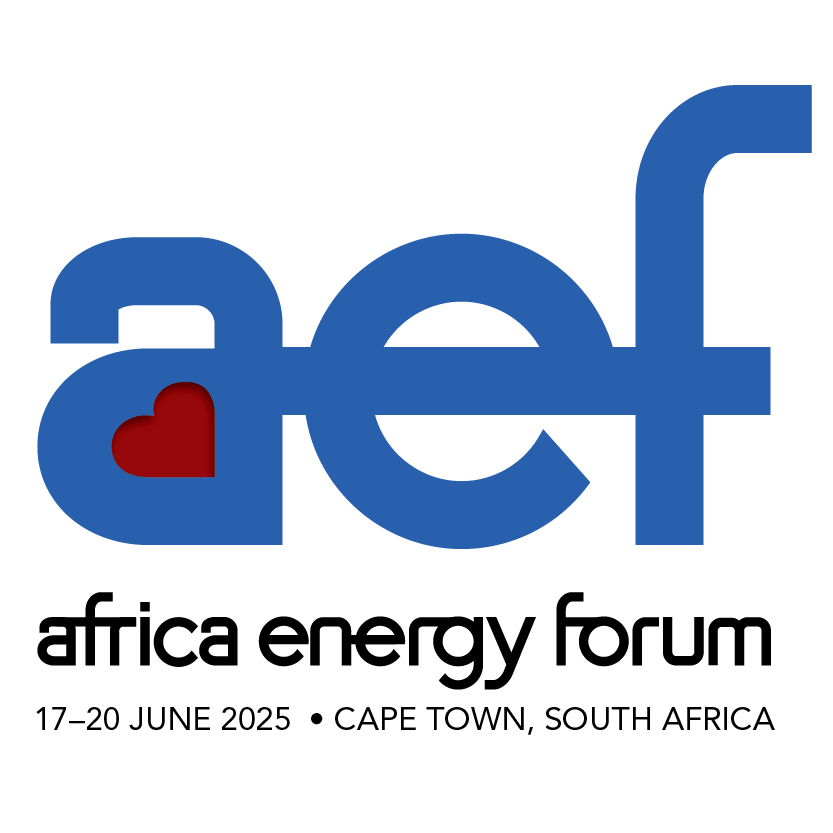Day 3 - 9.00 - Stream 4 - Hydrogen – Africa’s Opportunity | Hydrogen for Africa
In Partnership with Dii Desert Energy
There is a lot of noise being made around hydrogen and its potential to provide a sustainable alternative fuel.
Globally, this is starting to translate into tangible business opportunities and the generation of wealth. In 2023, the worldwide market is estimated to be worth around $170 billion (USD) – by 2030, it is forecast to almost double to $314 billion with annual growth averaging at more than 9%.
Africa has been identified as housing the potential to become a world leading hydrogen producing region, especially green hydrogen given its abundance of renewable energy generating resources.
Day three at aef 2023 saw an entire stream dedicated to hydrogen, the first session focusing on the opportunity for hydrogen to be leveraged locally across numerous applications, including transportation and aviation, heating systems and energy storage, among others.
Stakeholders from public and private organisations joined the panel providing a scene-setting presentation.
The panel outlined Africa’s enormous ability to produce renewable energy. These untapped resources, including solar, wind, hydro and geothermal, it was discussed, could be leveraged and monetised. Here, the conversation naturally turned to aef host nation Kenya, which already derives most of its power generation from renewable sources.
Other key opportunities presented to Africa by green hydrogen were identified. These include a clear pathway to decarbonisation of major polluting sectors such as heavy industry, mining, refining, milling, construction, shipping and heavy transport. Green hydrogen can also unlock Africa’s huge agriculture potential and boost food security by driving down the cost of fertiliser production, a major drawback currently facing African farmers.
The panel then touched on the opportunity to provide long-term stabilisation and additional baseload to African power grids, as well as fuel a green industrial revolution which can lead to the onshoring of jobs and creation of wealth. Indeed, by 2035 the development of 50 MT of hydrogen capacity could be worth more than $1 trillion in investment into Africa, which will enable the region to supply 25 million tonnes of green hydrogen to global energy markets.
A key part of the session centred on overcoming challenges that will enable conversations and MoUs to progress to tangible projects that break ground.
Some of these challenges, it was highlighted, are not unique to Africa. For example, production costs, the need for dedicated infrastructure, electrolysis efficiency and energy losses and water scarcity among them.
In Africa specifically, the panel highlighted competition for energy access and the question of how power should be prioritised – is it a question of powering homes or producing green hydrogen, or is this the wrong question to ask? The need to mature the policy and regulatory environment was also touched on, as well as the issue of accessing affordable capital and ensuring projects are bankable.
However, despite the obstacles, the session also brought to light some of the notable successes that offer hope for the future development of the hydrogen sector in Africa. During aef, for example, there was an announcement of a $1 billion fund from the Netherlands to finance green hydrogen projects in South Africa. Namibia is also progressing on a $10 billion green hydrogen project, while Kenyan representatives during the discussion reaffirmed its commitment to leverage green hydrogen to bolster grid stability and help tackle food security.
- Day 3 – 09.00 - Stream 2 - Increasing Pace & Scale of Africa’s Renewable Energy Projects | Developing Hydropower in Changing Climate Conditions
- Day 3 - 11:00 - Stream 5 -Hosted by: South Africa’s IPP Office | South Africa’s IPP Procurement Programme – A Key Enabler Behind a Growing Private Sector Generation Foot Print

.jpg)